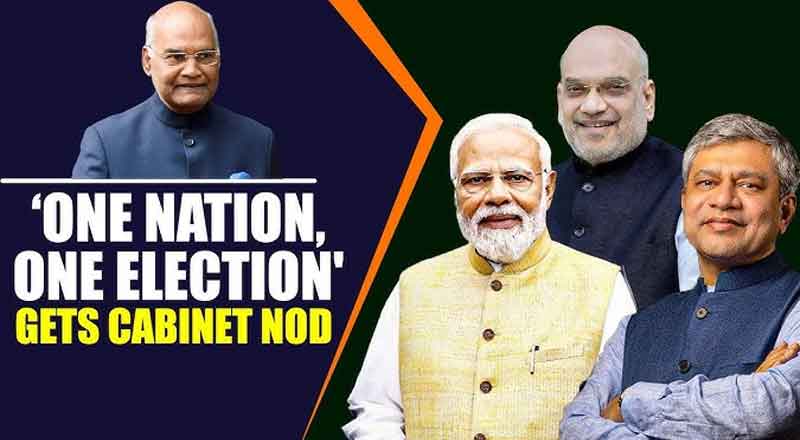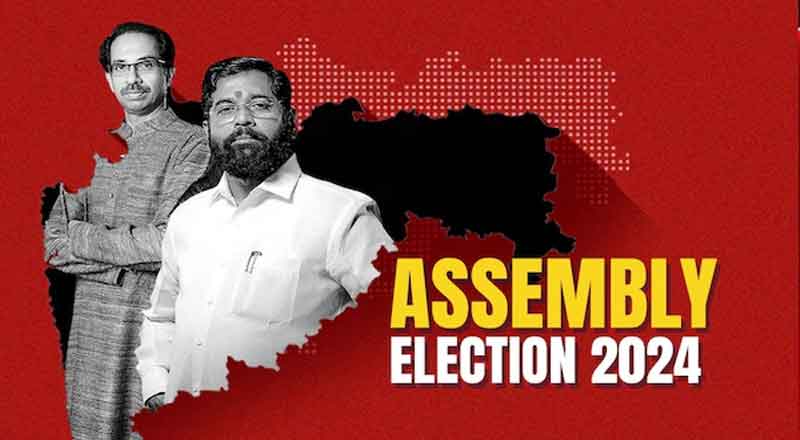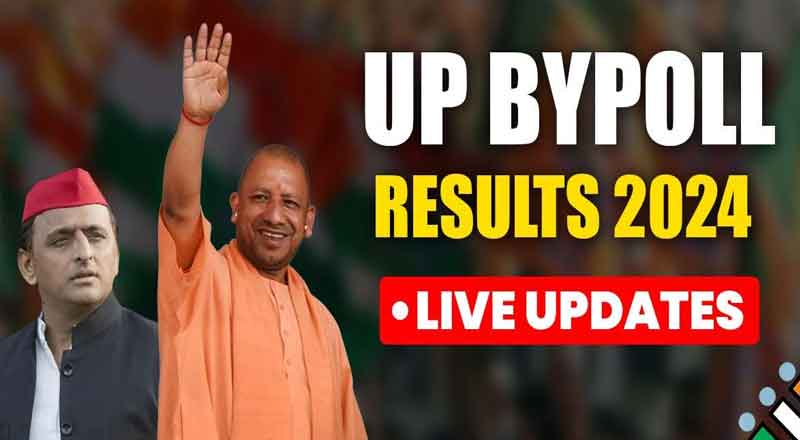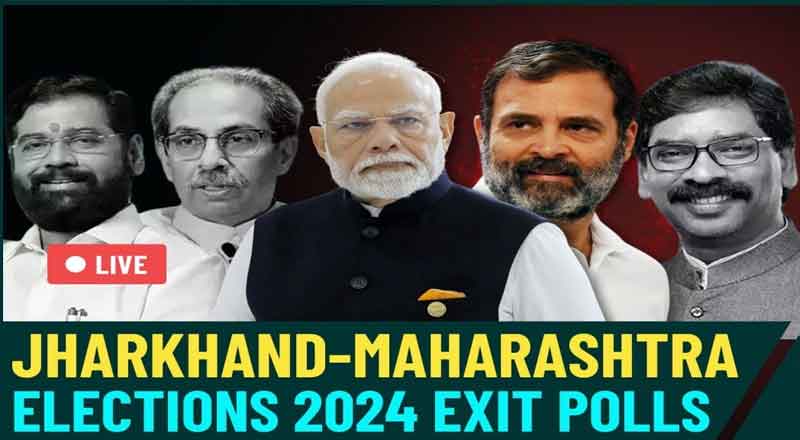Prime Minister Narendra Modi praised former President Ram Nath Kovind for leading the High-Level Committee on Simultaneous Elections after the Cabinet approved the ‘One Nation, One Election’ recommendations. “This move is a significant step toward strengthening India’s democratic process,” said PM.
Prime Minister Narendra Modi announced that the Cabinet has accepted the recommendations made by the High-Level Committee on Simultaneous Elections. He praised the leadership of former President Ram Nath Kovind for spearheading the initiative and consulting various stakeholders throughout the process.
“The Cabinet has accepted the recommendations of the High-Level Committee on Simultaneous Elections. I compliment our former President, Shri Ram Nath Kovind Ji for spearheading this effort and consulting a wide range of stakeholders. This is an important step towards making our democracy even more vibrant and participative,” wrote PM Modi.
Majority favour simultaneous polls
The high-level committee on “One Nation, One Election” received responses from 47 political parties, of which 32 expressed support for simultaneous elections, citing benefits such as resource savings and economic development. The Bharatiya Janata Party (BJP) and the National People’s Party (NPP) were among the key supporters.
Opposition from Congress, AAP, and CPI(M)
Fifteen parties, including Congress, Aam Aadmi Party (AAP), and CPI(M), opposed the proposal, raising concerns about undermining democracy, marginalising regional parties, and violating the Constitution’s basic structure. Additionally, 15 parties did not submit any response.
Concerns over federalism and democracy
Opposing parties argued that the “One Nation, One Election” system could harm federalism, encourage the dominance of national parties, and lead to a presidential form of government, while supporters advocated its adoption to enhance governance and social harmony.
State parties’ mixed response
Several state parties, including AIADMK, Biju Janata Dal (BJD), and Shiv Sena, supported the proposal, while parties like Samajwadi Party (SP), Trinamool Congress, and DMK opposed it, citing challenges for regional parties to compete with national parties.
Historical support for simultaneous polls
The report also referenced an all-party meeting in 2019, where 16 of 19 parties favored the idea of simultaneous elections. Only three parties—CPI(M), AIMIM, and RSP—opposed it at the time.
(With PTI inputs)





